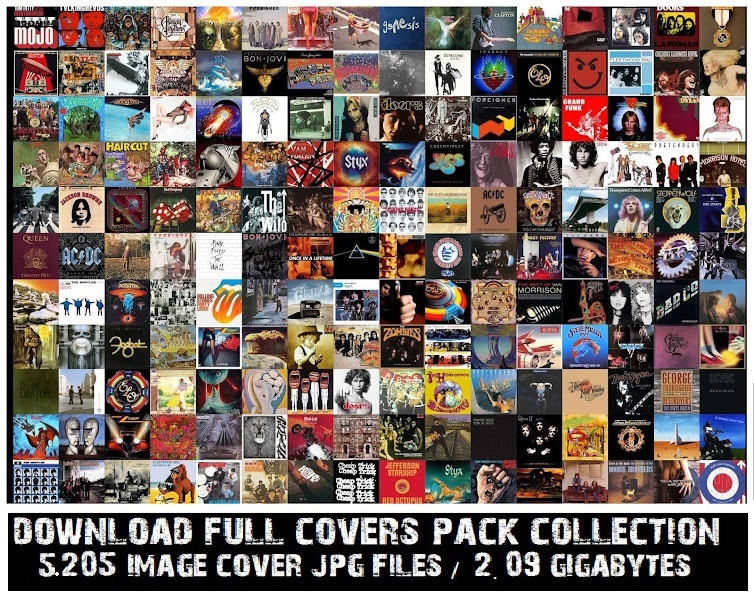Side one
1. "Born on the Bayou" 5:16
2. "Bootleg" 3:03
3. "Graveyard Train" 8:37
Side two
1. "Good Golly, Miss Molly" 2:44
2. "Penthouse Pauper" 3:39
3. "Proud Mary" 3:09
4. "Keep On Chooglin'" 7:43
Sides one and two were combined as tracks 1–7 on CD reissues.
40th Anniversary Edition CD bonus tracks
8. "Bootleg" (Alternate take) 5:48
9. "Born on the Bayou" (Live at Royal Albert Hall in London, England, September 28, 1971) 4:48
10. "Proud Mary" (Live in Stockholm, Sweden, September 21, 1971) 2:51
11. "Crazy Otto" (Live recording by KSAN at the Fillmore, San Francisco, California, March 14, 1969) 8:48
Creedence Clearwater Revival Band Members / Musicians
John Fogerty – lead guitar, lead vocals, background vocals, harmonica, piano, percussion
Tom Fogerty – backing vocals, rhythm guitar (all but 9, 10)
Stu Cook – bass guitar
Doug Clifford – drums
John Fogerty – producer, arranger
Chris Clough – compilation producer
George Horn – remastering
Basul Parik – cover art
Hank McGill – engineer
Tamaki Beck - Mastering Supervisor
Kevin Gray, Steve Hoffman, Shigeo Miyamoto – mastering
Joel Selvin – liner notes
Bayou Country is the 2nd studio album by American rock band Creedence Clearwater Revival, released by Fantasy Records in January 1969, and was the first of three albums CCR released in that year.
After ten years of struggling as the Blue Velvets and the Golliwogs, singer/guitarist John Fogerty, his brother guitarist Tom Fogerty, bassist Stu Cook and drummer Doug Clifford scored a No. 11 hit single with "Susie Q" in June 1968 under the name Creedence Clearwater Revival. Their self-titled album peaked at No. 52 on the Billboard albums chart. Despite their new-found success, however, seeds of discontent among the four members had already been planted due to John Fogerty assuming control of the band at just about every level. "There was a point at which we had done the first album. Everybody had listened to my advice. I don't think anybody thought too much about it," Fogerty recalled to Michael Goldberg of Rolling Stone in 1993. "But in making the second album, Bayou Country, we had a real confrontation. Everybody wanted to sing, write, make up their own arrangements, whatever, right? This was after ten years of struggling. Now we had the spotlight. Andy Warhol's fifteen minutes of fame. 'Susie Q' was as big as we'd ever seen. Of course, it really wasn't that big... I didn't want to go back to the carwash." In 2007, the singer elaborated to Joshua Klein of Pitchfork, "I determined, we're on the tiniest record label in the world, there's no money behind us, we don't have a manager, there's no publicist. We basically had none of the usual star-making machinery, so I said to myself I'm just going to have to do it with the music...Basically I wanted to do what the Beatles had done. I sensed that I just had to do it myself."

.jpg)
63.jpg)
.jpg)
502520.jpg)
.jpg)
45252.jpeg)
.jpg)
02.jpg)


















